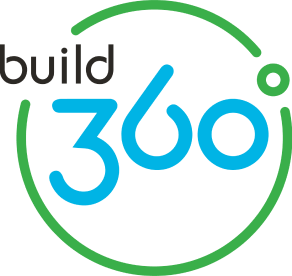
URGE – Circular Building Cities
URGE brings together nine cities and their stakeholders to inspire and learn from each other in developing their integrated urban policy and to support the integration of circularity in the construction tasks, thus contributing to sustainable cities. https://urbact.eu/networks/urge












